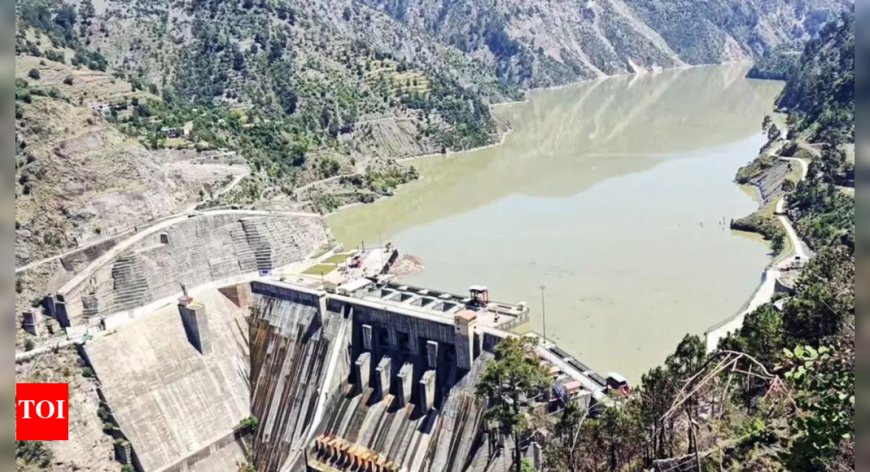'Can't be expected to continue to cooperate': Indian embassy in US on India freezing Indus Water Treaty amid Pahalgam terror attack
The Indian embassy in Washington defended freezing the Indus Water Treaty with Pakistan, citing Pakistan's support for terrorism and civilian casualties. India asserts that cooperation is impossible while Pakistan sponsors cross-border terrorism, leading to the treaty being held in abeyance.

'Can't be expected to continue to cooperate': Indian embassy in US on India freezing Indus Water Treaty amid Pahalgam terror attack
In a significant turn of events, the Indian embassy in the United States has made a statement regarding the freezing of the Indus Water Treaty. This announcement comes on the heels of a terror attack in Pahalgam, which has raised serious security concerns and strained diplomatic relations in the region.
Background of the Indus Water Treaty
The Indus Water Treaty, signed in 1960 between India and Pakistan, governs the use of the waters from the Indus River system. It has been a cornerstone of water-sharing agreements in South Asia and has generally helped maintain a level of peace between the two nations. However, recent developments have put this treaty under scrutiny.
The Pahalgam Terror Attack
Details surrounding the recent terror attack in Pahalgam have shaken both local and international communities. The attack underscores ongoing security challenges in the region and has prompted the Indian government to take a firmer stance on international agreements that may jeopardize its national interests. With increasing tensions, the Indian embassy's statement reflects the gravity of the situation and the need for reassessment of cooperative efforts.
Response from Indian Embassy
The Indian embassy in the US issued a robust statement, emphasizing that the current security landscape cannot allow for continued cooperation under the existing terms of the Indus Water Treaty. Officials pointed out that “cooperation” is no longer feasible in light of factors beyond their control, adding pressure for a re-evaluation of the treaty's implications. The embassy's commentary highlights the emerging narrative that national security must take precedence over bilateral agreements, especially in times of escalating conflict.
Implications for Future Relations
The freezing of the Indus Water Treaty raises significant questions about future Indo-Pak relations. Experts suggest that this move could lead to further diplomatic strains and impact regional stability. Stakeholders within the international community are advised to closely monitor developments as both nations tread carefully to avoid escalation. The situation has garnered widespread media coverage, raising awareness of the complex interplay between water sharing and national security.
Conclusion
The announcement from the Indian embassy indicates a turning point in India's diplomatic approach towards Pakistan, especially regarding shared resources amidst ongoing security threats. As tensions rise, it is essential for both governments to engage in dialogue to prevent further deterioration of relations and to seek avenues for cooperation.
For more updates, visit dharmyuddh.com. Keywords: Indus Water Treaty, Indian embassy statement, Pahalgam terror attack, India Pakistan relations, water sharing agreements, Indo-Pak tensions, national security, bilateral agreements, diplomatic relations, South Asia water politics.







